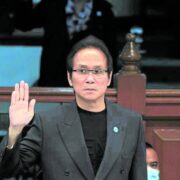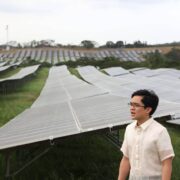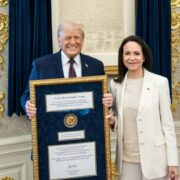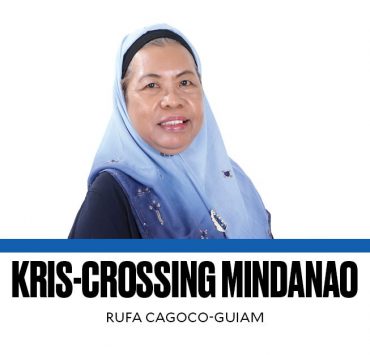The year Christmas felt distant

This year, while studying abroad, Christmas feels like a memory I can’t quite hold onto. Missing it brings a peculiar kind of FOMO (fear of missing out) that gnaws at you from September to December. Bangkok dazzles with lights and festivities, yet some traditions rooted in home do not travel well. But even back home, where Christmas once spilled across months of warmth and joy, people say the glow now feels faint. My family, who traveled to join me, admitted that it took stepping outside the Philippines to feel even a semblance of the Christmas spirit. Maybe it’s the distance, or perhaps it’s something deeper: a shared rhythm, a collective joy slipping away, drowned out by the weight of crises and the unrelenting noise of a country struggling to maintain its integrity.
The Philippines is at a tipping point. As the Philippines prepares for elections, the season of joy has been eclipsed by political noise. For many, the tiny flicker of hope that remains rests on the possibility of electing leaders who can steer the country away from the deepening crises. But hope feels fragile when the same names dominate ballots—political dynasties perpetuating cycles of privilege, corruption, and indifference. These families present polished candidates, but they’re just often extensions of entrenched power structures. The systems meant to uplift citizens are crumbling. Health-care budgets are slashed. Public education is underfunded. Basic rights are treated as privileges.
The Marcos administration’s glaring misallocation of funds worsens an already entrenched system of inequalities. More funds are funneled toward agencies with historically dubious practices. This imbalance forces Filipinos to beg their government for what should be theirs by default.
Meanwhile, the machinery of distraction hums efficiently. News cycles are dominated by strategic distractions: the homecoming of Mary Jane Veloso, Duterte’s media spectacles, and senatorial candidates who are more celebrities than public servants. Behind the scenes, the Sandiganbayan quietly dismisses ill-gotten wealth cases and disqualifications for questionable candidates like Apollo Quiboloy are denied. Each piece falls into place with chilling precision—a masterclass in political smoke and mirrors.
This Christmas feels quieter, the joy and generosity of the season dimmed by the weight of a nation’s weariness. A recent survey shows that fewer Filipinos are expecting a “happy” Christmas this year—65 percent, down from 73 percent in 2023. In a way, the number speaks for itself. It’s hard to embrace the holiday spirit when the backdrop is a country running on fumes. Still, we try. There’s comfort to be found in a family reunion, however fleeting, and a sliver of hope that a new year, a new election, might bring change—even if only a little.
I string together scraps of cheer for my modest two-foot Christmas tree, but the nostalgia cuts deeper. At midnight, I steal a quick video call with my family back home as they savor “noche buena.” Here, my own gathering ends early. Friends have work tomorrow, and I have Netflix to lull me to sleep. Perhaps this is just homesickness easy to dismiss as holiday blues, particularly for those sympathetic to the current administration. Maybe they’re right—reducing this to something personal rather than political takes the edge off disillusionment after all. And yet, it’s hard to ignore the feeling that Christmas, much like the nation, is precariously adrift.
Rex Menard Cervales,
rlcervales@up.edu.ph

















